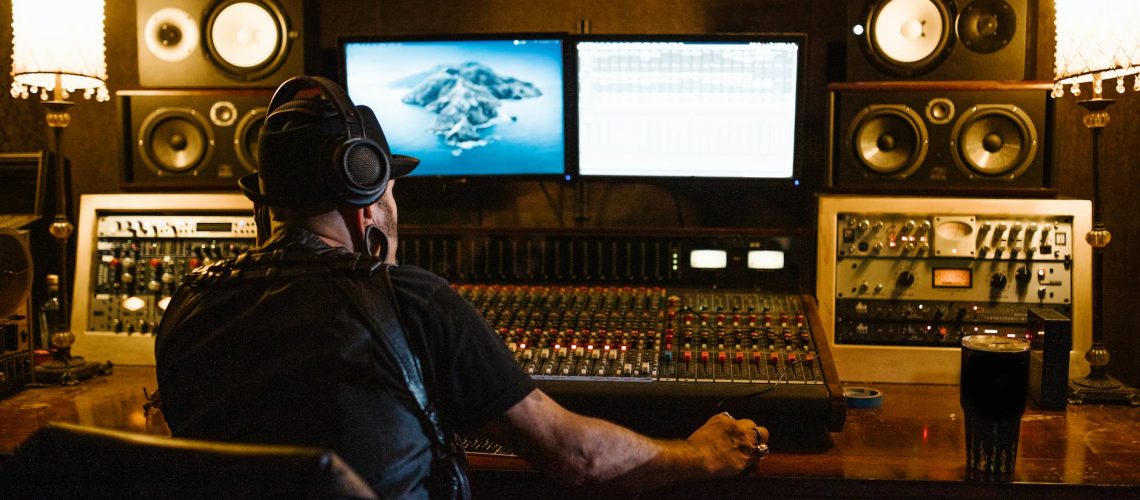
Artificial intelligence (AI) and music generation is a rapidly growing field that has the potential to revolutionize the music industry. With the rapid advancement of technology, it is becoming increasingly possible for AI to compose and perform music at a level that is indistinguishable from human musicians. This has led to the development of AI-powered music software and virtual artists, which are able to create and perform music in a wide variety of styles and genres.
One of the main ways that AI is being used in music generation is through the use of machine learning algorithms. Machine learning involves feeding large amounts of data into a computer program, which then uses that data to learn and make decisions on its own. This is particularly useful in the music industry, as it allows software to analyze and understand complex musical patterns and techniques, and use this knowledge to create original compositions.
One of the most well-known examples of an AI music generation program is AIVA (Artificial Intelligence Virtual Artist), which was developed by a team of researchers in Luxembourg. AIVA is capable of analyzing the works of classical composers and then using that information to create original compositions in the same style. The compositions produced by AIVA are not perfect replicas of the original works, but they are able to capture the essence of the composer’s style in a way that is unprecedented.
Another example of an AI music generation program is Amper Music, which was developed by a team of researchers in New York. Amper Music is a cloud-based music composition platform that allows users to create original music by simply inputting certain parameters, such as the style, tempo, and length of the desired composition. Amper Music uses machine learning algorithms to analyze a wide range of music data and then uses that information to generate original compositions that match the user’s desired specifications.
Despite the many potential benefits of AI in the music industry, there are also concerns about its impact on the job market. Some people worry that the increasing reliance on AI could lead to widespread job displacement, as virtual artists can potentially replace human musicians in certain roles. However, it’s important to remember that technology has always disrupted and transformed industries, and the music industry is no exception. While it’s impossible to predict exactly how the future will unfold, it’s likely that AI will play a significant role in shaping the way we create and consume music.
Overall, the use of AI in music generation is a rapidly growing field that has the potential to revolutionize the music industry in a way that has never been seen before. Whether it will completely replace human musicians or simply augment their abilities remains to be seen, but one thing is certain: the future of music is looking bright and full of possibilities.
Muzico Innovations GmbH
Ursprungstrasse 1d
8044 Zürich – Switzerland
info@muzico.ai
© 2023, Muzico Innovations GmbH